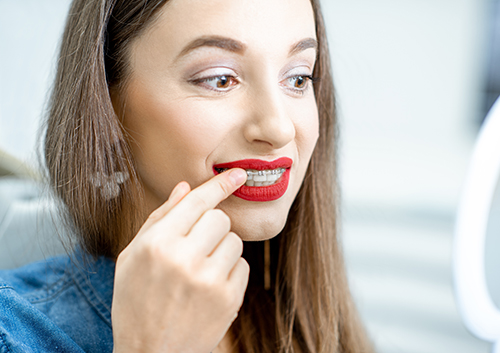Ask Us About Invisalign Teen® Treatment!
June 26th, 2019

We know that being a teen is hard, and we know that adding braces to the mix can often elicit a less-than-enthusiastic response. Luckily, teens can now have straighter teeth without the hassle, discomfort, and embarrassment of metal braces!
Dr. Tony Skanchy proudly offer Invisalign Teen clear aligners to our adolescent patients.
One of the main benefits of Invisalign Teen aligners is that they are virtually invisible. They are also removable, which means teen patients are free to eat anything they choose. The aligners are also easily replaceable, should they ever get lost! The best part? They make it easy to keep up with a healthy brushing and flossing routine.
The aligners are made from a lightweight, plastic material that fits precisely on the teeth. Invisalign Teen treatment has become a popular treatment here at Sandy, UT because it helps our younger patients achieve a straight, beautiful smile without undergoing the dreaded metal-mouth.
For more information on Invisalign Teen clear aligners, please feel free to give us a call at our Dr. Tony Skanchy office today!





 Website Powered by Sesame 24-7™
Website Powered by Sesame 24-7™